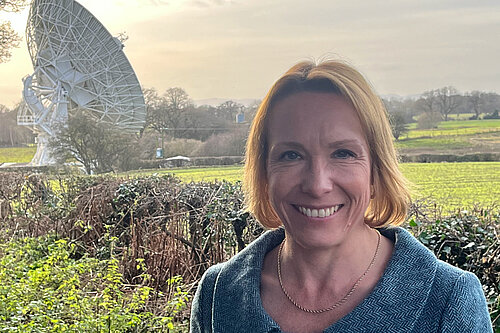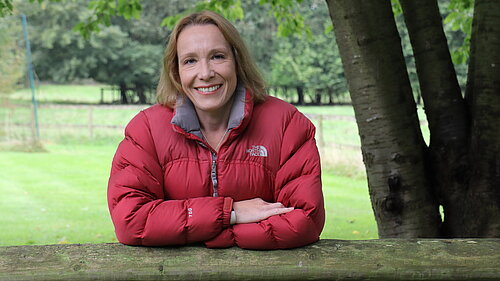
Helen says ‘no more not spots’ as Rural Roaming petition launched
North Shropshire MP Helen Morgan has launched a petition calling for ‘no more not spots’ in support of her recent ‘Rural Roaming’ Bill.

Shropshire MP Helen Morgan has launched a campaign to improve mobile phone signal in rural areas, presenting a Bill in Parliament that would reduce the amount of signal black spots.
Helen wants to change the law to boost coverage in rural areas like North Shropshire by giving customers access to other networks in places where they don’t usually get signal.
This would be of particular use for farming and agricultural businesses who often suffer as a result of ‘not-spots’ which are covered by other providers.
Her Rural Roaming Bill would require telecoms firms like BT and O2 to grant access to their network in areas where it is necessary to provide coverage.
By obliging telecoms firms to work together, the MP argues that many areas without coverage in North Shropshire and across the UK would go live at minimal cost to the provider.
Helen is determined to improve phone and broadband coverage in North Shropshire, where many communities still have to put up with poor connectivity.
After presenting her Bill in the House of Commons on Tuesday, the MP also spoke in a debate on the withdrawal of copper wire from landline telephone networks. She argued that digital phone lines will not work in areas of Shropshire that lack decent mobile signal and a lack of landline connection could pose issues for those in need of an ambulance or emergency services.
Helen Morgan, MP for North Shropshire, said, “I want to help rural communities and businesses by boosting phone signal and banishing black spots.
“I was really proud to present my Rural Roaming Bill to Parliament for its first reading. Across North Shropshire there are hundreds of ‘not-spots’ where residents can’t get any phone signal with their provider.
“In many of these cases however, another rival telecoms firm does offer a connection. The Rural Roaming Bill would oblige firms like BT, O2 and Three to work together to make sure there is signal provided to all in areas when that is the only option.
“For those living in villages with poor signal like Gobowen, working on the farmyard or simply visiting our wonderful part of the country, my Bill would ensure a consistent connection – and ensure fairness for people in the countryside.”
Speaking in the debate on copper wire landline connections, Helen Morgan told MPs, “As a rural MP, I am concerned by plans to remove copper wiring from landline telephone networks in the move towards digital phone lines, especially for those who live without decent mobile signal. It is true that analogue phonelines have reached the end of their serviceable lives. Repairs are difficult and expensive, and the whole network is becoming tough to maintain.
“We do need to bring telephone connection into the 21st Century and, moving to a digital line which offers better connection with higher sound quality seems like an obvious solution. However, if there is one thing I know about rural living, it’s that if anything is labelled as ‘digital’, we need to think of a plan B for when things inevitably break down, especially when it comes to power cuts.
“If the Government would like to reform and upgrade landline networks, it has to equip rural areas with the ability to access mobile signal as fairly as their urban counterparts first otherwise this is a hazard waiting to happen.”